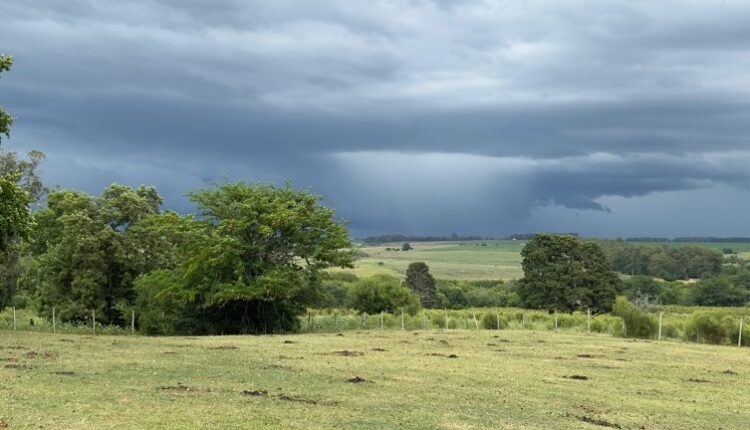Climate Change May Transform Uruguay Into Coffee Producing Nation – CoffeeTalk
A study published in PLOS ONE suggests that by 2050, Uruguay and other southern regions in South America may become increasingly suitable for growing coffee, along with crops like cashew and avocado. The study examines how changing climate conditions are reshaping the global suitability of coffee, avocado, and cashew production. Arabica coffee, which makes up the majority of global production, is particularly vulnerable to rising temperatures and erratic weather patterns. By 2050, over 50% of land used to grow arabica coffee is projected to become unsuitable due to excessive heat, drought, or unpredictable climate conditions.
Uruguay’s potential as a future coffee producer is highlighted by the study’s climate models showing that parts of Uruguay, along with southern Brazil, Paraguay, and Argentina, may benefit from warming trends, particularly rising minimum temperatures during the coldest months. These shifts could create a more stable climate for crops like coffee that currently struggle under unpredictable or extreme conditions.
Coffee plants take about three to four years to yield their first harvest, making them a long-term investment. With global demand on the rise, producers may see emerging regions like Uruguay as an opportunity worth exploring. The models also show Uruguay gaining ground in cashew and avocado suitability by mid-century.
Climate is the most significant constraint for these crops, with high annual temperatures, longer dry seasons, and increasingly unpredictable rainfall being key factors determining whether a region is suitable. The changing climate may open doors to new forms of agricultural diversification for Uruguay, but challenges around land suitability, infrastructure, and market development still need to be addressed.
Read More @ SeedWorld
Source: Coffee Talk



